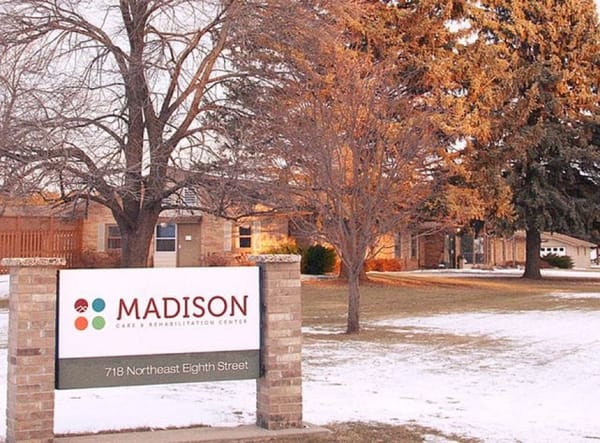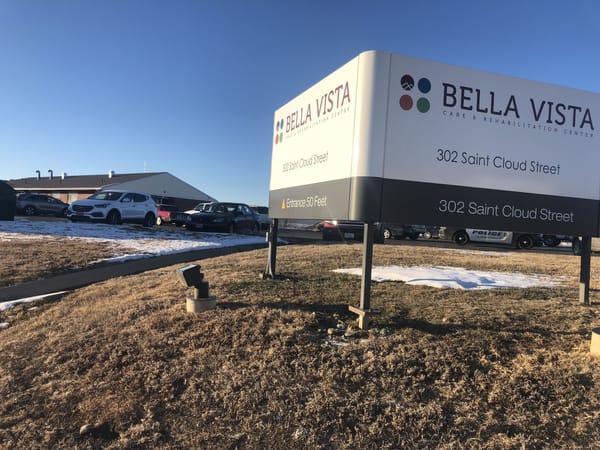Title: Content Director
Contact: 605-937-9398 / bart.pfankuch@sdnewswatch.org
Language spoken: English
Demographic expertise: South Dakota, including the Rapid City area, the Black Hills, rural towns and reservations
Topic expertise: agriculture, state government, education, rural issues, Indigenous people, poverty
Potential conflict of interest: Pfankuch serves on the board of the Oyate Prevention Coalition in Rapid City, which works to prevent substance abuse among Native American youth. He will recuse himself from reporting on the organization.
Biography: Pfankuch (pronounced FAN-cook) is Wisconsin native and former editor of the Rapid City Journal. He has worked for more than 30 years as a reporter and editor at newspapers in Wisconsin, Florida and South Dakota, including as reporter or editor at the Eau Claire Leader-Telegram and Capital Times in Wisconsin, and at the Florida Times-Union and Sarasota Herald-Tribune in Florida. He also is a syndicated writing coach who has presented at newspaper conferences across the country. Pfankuch has won more than four dozen state, regional and national journalism awards, including, while at News Watch, agricultural writer of the year from the North American Agricultural Journalists association in 2020, 2021 and 2023 as well as first-place reporting awards in the Great Plains Journalism Awards sponsored by the Tulsa Press Club and South Dakota NewsMedia Association. Pfankuch lives in Black Hawk.
Professional memberships: Investigative Reporters and Editors, North American Agricultural Journalists, South Dakota NewsMedia First Amendment Committee
Social platforms: X/Twitter; LinkedIn
Archive of work: South Dakota News Watch

Bart Pfankuch
Total 337 Posts
Educators struggle to reduce need for remedial classes in SD colleges
Every year, about 30 percent of South Dakota high school graduates who enroll in a state university must take remedial courses in math or English because they don’t test high enough in those topics. Those courses cost the students about $1,000 per class and provide them with no
Governor proposes higher payment rate, grant program for nursing homes
South Dakota Gov. Kristi Noem on Wednesday announced a plan to aid South Dakota’s financially troubled nursing home industry by raising the rate of Medicaid payments and providing $5 million in grants to facilities that innovate.
Noem shared her ideas as part of her first budget address to both
Jobs abound, but low wages hamper South Dakota workforce
Jobs are plentiful in South Dakota, but most positions pay far below the national average and lower than neighboring states.
In fact, South Dakota has the third-lowest average wage for employed people in the country behind only Arkansas and Mississippi. A News Watch analysis shows that the lowest-paying jobs — in
Economic fears follow ShopKo store closures in SD small towns
WAGNER, S.D. – The pending closure of ShopKo department stores may have devastating effects on six South Dakota small towns that will suffer job losses, decreased access to basic necessities and reductions in sales-tax collections that could limit municipal services.
The announcement that the retail chain will close several stores
Women to have ‘larger voice’ in 2019 South Dakota Legislature
In South Dakota and across the country, women will play a larger role in lawmaking and policymaking at almost all levels of government in 2019.
The new U.S. Congress will feature a record number of women in both the House and Senate. South Dakota will have its first female
Little-known law forces adult children to pay for nursing home care for parents
An obscure South Dakota law can force adult children to pay the cost of long-term care for their parents if the elder family members cannot pay on their own.
The civil law has been on the books in South Dakota since 1939, and is rarely used. But as the cost
Wave of nursing home closures hitting small South Dakota communities
The health and stability of some of South Dakota’s most vulnerable residents are being threatened by a wave of closures of long-term care facilities across the state.
Three nursing homes closed over the past three years and two more are slated for closure by February. Another 17 former Golden



